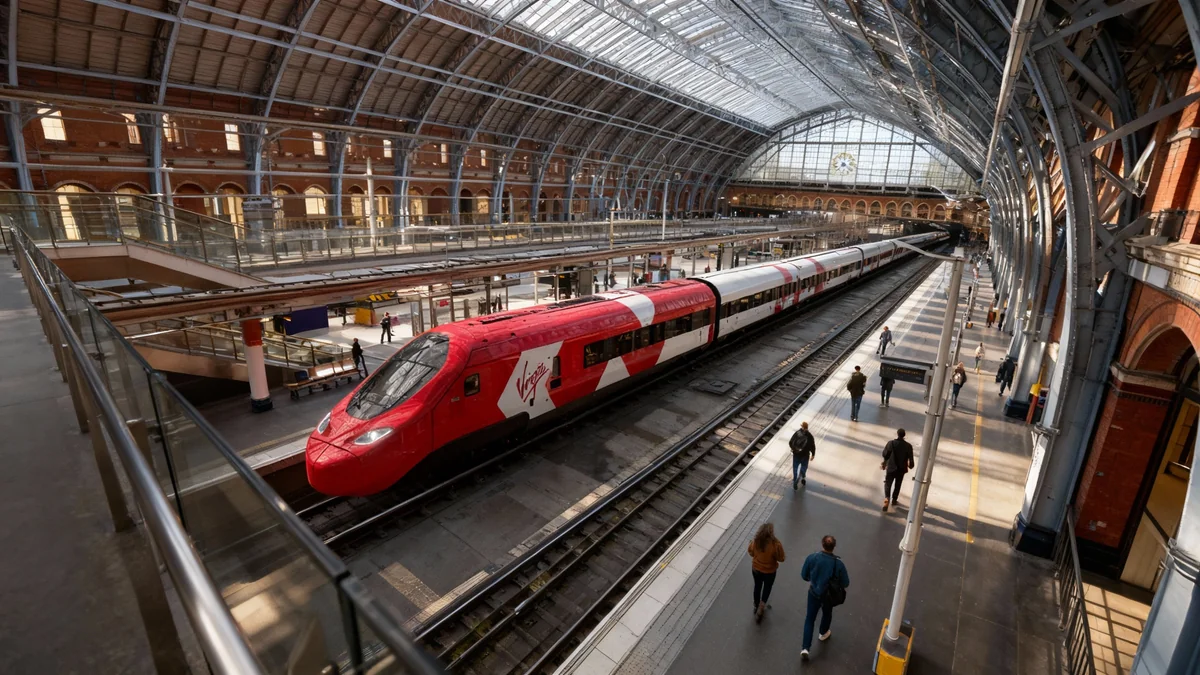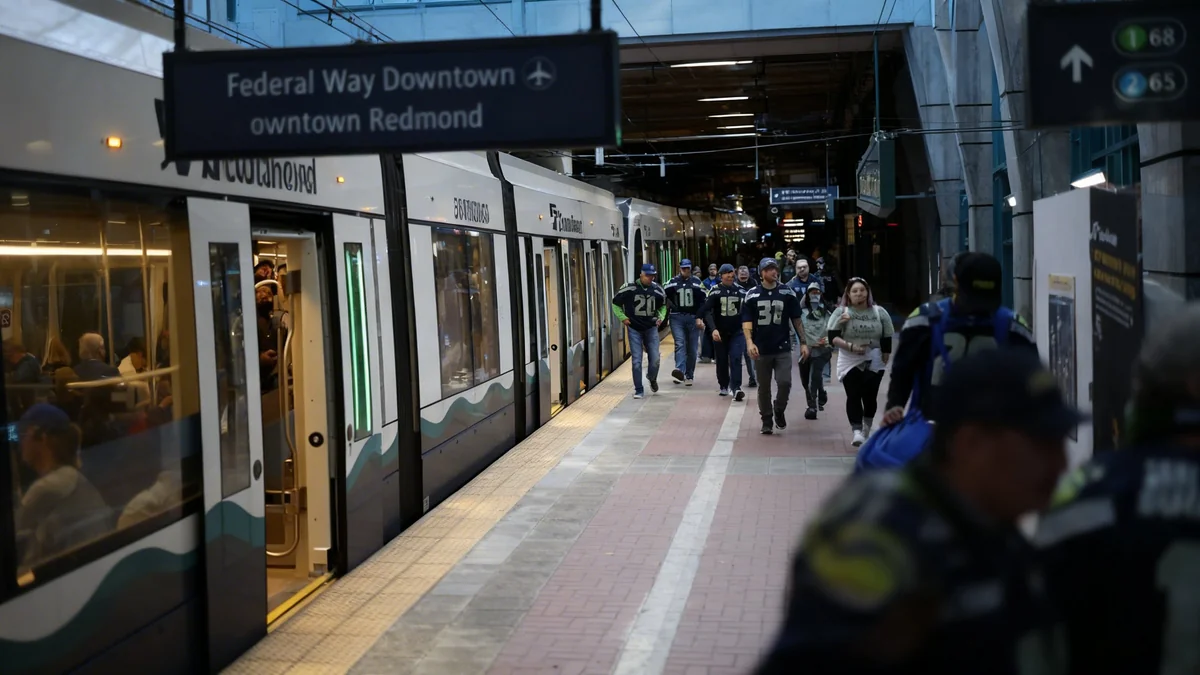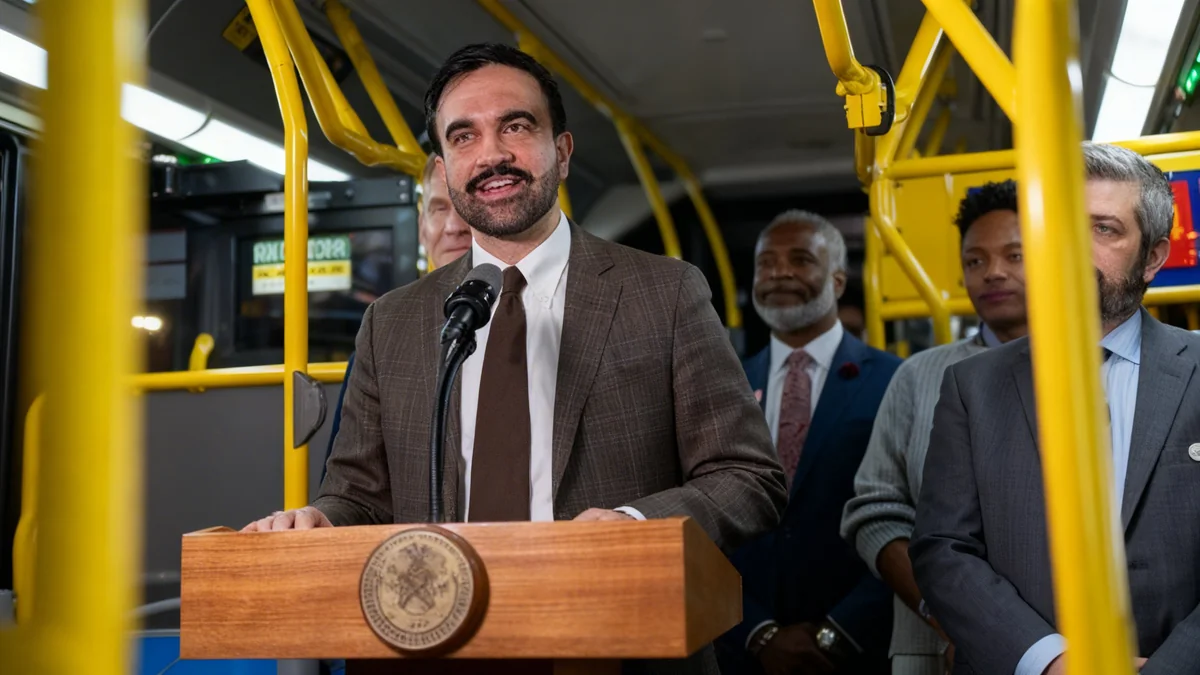Virgin Trains has moved closer to launching cross-Channel rail services, setting the stage to end Eurostar's 30-year monopoly on passenger routes through the Channel Tunnel. The Office of Rail and Road (ORR) recently approved Virgin's application to share the crucial Temple Mills depot in east London, a decision that could reshape international rail travel from 2030.
Key Takeaways
- Virgin Trains received approval to share the Temple Mills depot with Eurostar.
- This decision ends Eurostar's monopoly on Channel Tunnel passenger services.
- Virgin aims to start services to Paris, Brussels, and Amsterdam by 2030.
- The move could generate £700 million in investment and create 400 new jobs.
Breaking a Three-Decade Monopoly
The Channel Tunnel opened in 1994, and since then, Eurostar has been the sole operator of passenger rail services connecting the UK with mainland Europe. This long-standing exclusivity is now poised to change, offering passengers new choices.
The ORR's decision is a significant step. It means that the only UK depot capable of handling the larger continental European trains, which is also linked to the cross-Channel line, will now be accessible to Virgin Trains. This facility, Temple Mills railway storehouse, is vital for the logistics of international rail operations.
Sir Richard Branson, founder of the Virgin Group, stated, "The ORR's decision is the right one for consumers – it's time to end this 30-year monopoly and bring some Virgin magic to the cross-Channel route."
Important Fact
The Temple Mills depot is the only facility in the UK equipped to service the specific large trains used for continental European routes and connected to the Channel Tunnel line.
Economic Impact and Future Plans
The ORR's approval is expected to stimulate substantial economic growth. The regulator anticipates that the decision will unlock plans for approximately £700 million of investment. This investment is projected to create 400 new jobs, a positive outlook for the rail sector and the broader economy.
Rail Minister Lord Hendy expressed satisfaction with the outcome. He described it as a "significant step forward" that will offer passengers greater choice and better value. The minister also highlighted the potential for improved connectivity for millions, alongside driving innovation, lowering fares, and promoting greener travel options to Europe.
Virgin's Ambitious Timeline
Virgin Trains plans to launch its services from London St Pancras to Europe starting in 2030. Initial destinations will include Paris Gare du Nord, Brussels-Midi, and Amsterdam Centraal. The company also has future plans to expand its network further across France, and into Germany and Switzerland.
Background on Virgin Trains
This marks a return to the rails for Virgin Trains. The company last operated services in 2019, when it lost its contract for the West Coast Main Line to Avanti West Coast. Virgin Trains had previously run services from London Euston to Scotland, via Birmingham and Manchester, for 22 years before being disqualified from bidding for the franchise.
Regulatory Hurdles Remain
While the ORR's decision is a major breakthrough, several steps still need completion before new international services can begin. Virgin Trains must finalize a commercial agreement with Eurostar regarding the shared depot. Securing finance for the venture is also crucial. Additionally, access to track and stations, along with obtaining safety approvals from both UK and EU authorities, are mandatory requirements.
Martin Jones, deputy director of Access and International at the ORR, acknowledged the remaining work. He confirmed that the ORR is ready to collaborate with Virgin Trains as their plans progress. This ongoing support from the regulator is key to ensuring a smooth transition and successful launch of new services.
Other Bidders Rejected
Virgin was not the only company interested in operating Channel Tunnel services. Other firms, including Spanish start-up Evolyn, and a partnership between Gemini Trains and Uber, had also sought approval. However, the ORR specifically approved only Virgin's application on Thursday, rejecting those from Evolyn, Gemini, and Trenitalia.
This focused approval underscores the ORR's careful consideration of each application, ensuring that any new entrant meets the necessary criteria for such a complex international operation.
Impact on Passenger Experience
The introduction of a new operator is expected to benefit passengers significantly. Competition often leads to lower fares, increased service frequency, and improved amenities. Travelers will likely see more options for departure times and potentially more flexible ticketing. This change could make cross-Channel rail travel more accessible and appealing to a wider range of customers.
The prospect of "greater choice" and "better value" is a core message from government officials. This aligns with broader efforts to enhance connectivity and promote sustainable travel alternatives to flying. Rail travel is often seen as a greener option, and increased competition could further encourage its adoption for international journeys.
Did You Know?
The Channel Tunnel, also known as the 'Chunnel,' is a 50.45-kilometer (31.35 mi) underwater railway tunnel connecting Folkestone, Kent, in England, with Coquelles, Pas-de-Calais, near Calais in northern France.
The coming years will be crucial for Virgin Trains as they navigate the remaining regulatory and commercial requirements. If successful, the 2030 launch will mark a new era for international rail travel between the UK and continental Europe, breaking a three-decade-old monopoly and bringing fresh competition to a vital transport link.





